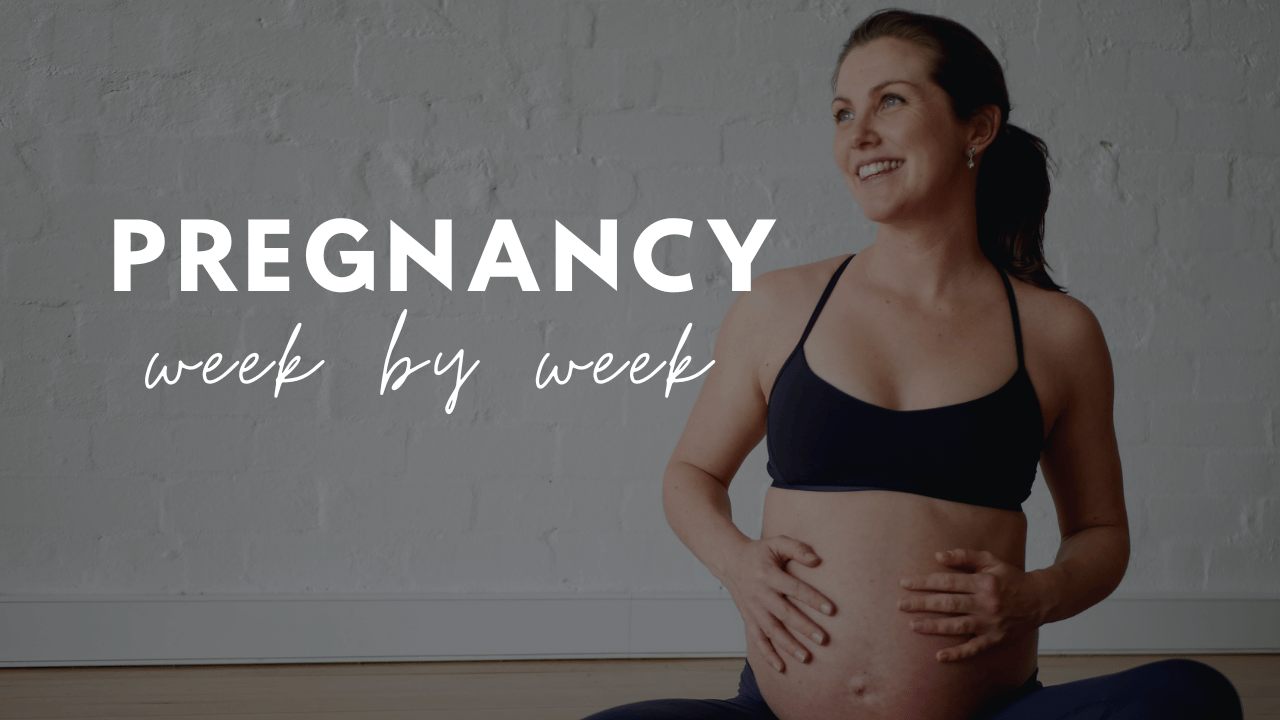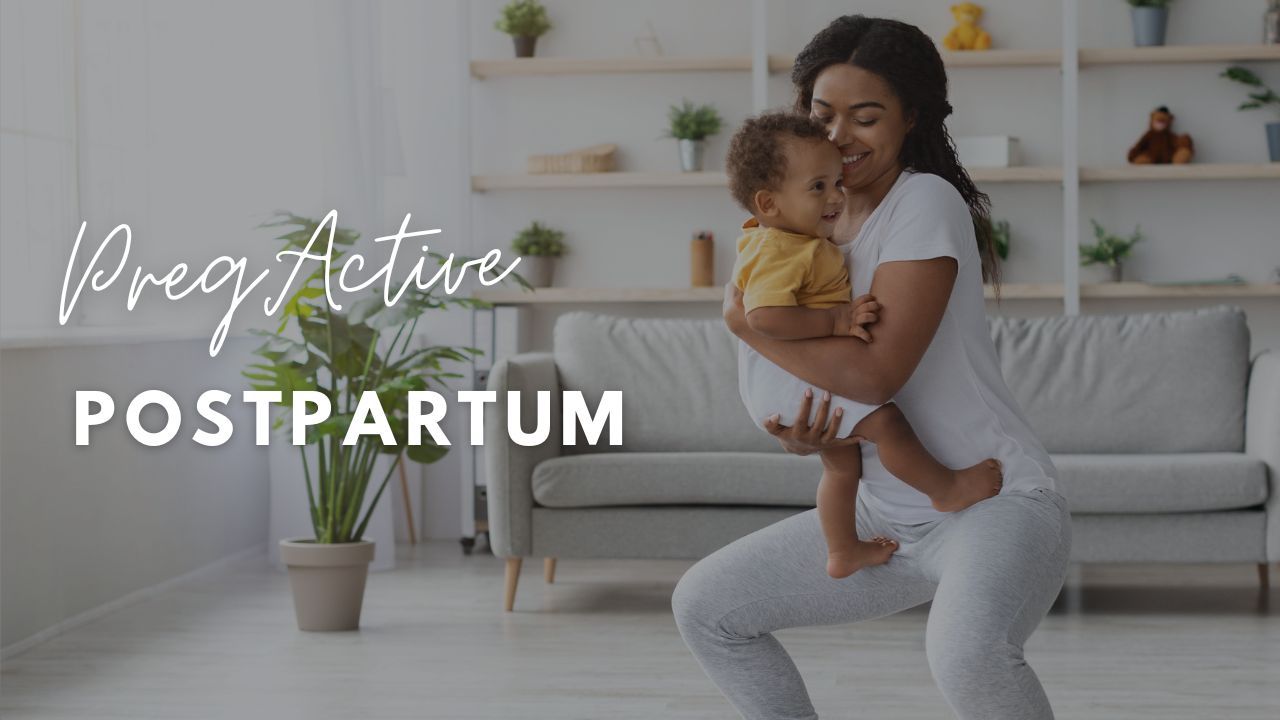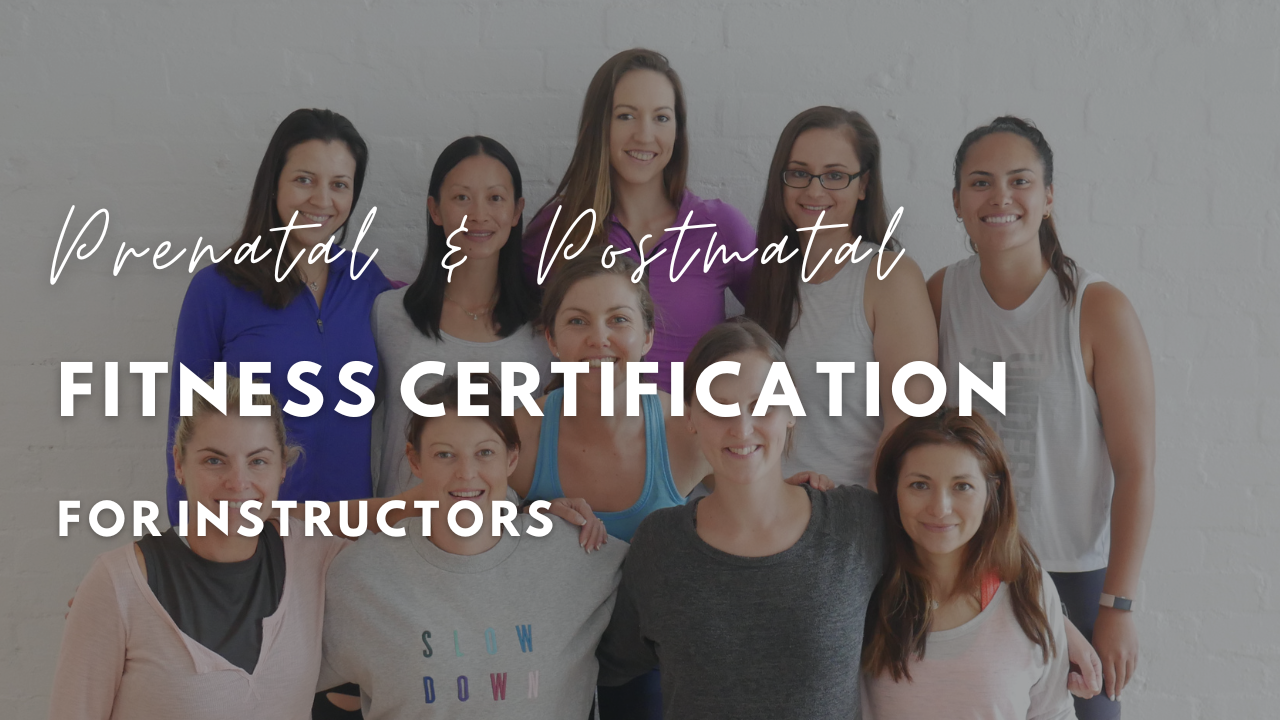Postnatal Depletion and Baby Brain Podcast

Postnatal Depletion Podcast
Today I want to chat about postnatal depletion and baby brain. As a mother to a gorgeous three year-old herself, Angi uses her health and science knowledge to help other mothers through this journey of motherhood. And in this podcast we chat about Postnatal Depletion and baby brain.
Q1. Angi, before we get into the topic of Postnatal Depletion, first tell us a little bit about you and why you are so passionate about helping new mothers.
- My background is in health science, focus on woman's health; I am a postpartum speaker and a mama to 3-year old Weston.
- Sharing my personal story leading me to my work.
Q2. What is Postnatal Depletion and what are some signs that women can pick up on to tell if they have it?
- Postnatal Depletion is such a huge topic.
- To put it simply, it is a common phenomenon of fatigue and exhaustion, combined with a feeling of baby brain.
- Dr Oscar Serrallach does an amazing job of unpacking Postnatal Depletion.
- Today I want to focus on one area we don't hear much about and that is very misunderstood - the baby brain.
Q3. What is actually baby brain?
- Baby Brain is a term that encompasses the symptoms of poor concentration, poor memory, and emotional liability. Sounds great, right?! Where can I get more of this please?
- Low cognition, ditzy, clumsy, forgetful, emotional, stupid, foggy.
- Who on earth would want a baby brain?
- I want to give you a different take on baby brain and why it is the best thing that can happen to you as a mum.
Q4. What are the common misconceptions about baby brain?
Baby brain is a myth ...... no baby brain is real.
- A computer algorithm can tell with 100% accuracy if a woman is pregnant just from an MRI scan.
- Evidence pregnancy and lactation are associated with alterations of the brain.
Baby brain is silly .... baby brain is smart!
- So sophisticated, nature’s blueprint for baby and mother’s wellbeing.
Q5. What is the science behind Baby brain? There are actual changes that happen to the brain, right?
Yes, that's right.
There are 2 big changes:
Increase in neuroplasticity – the brain is open to learning.
- Preparing you for motherhood, learning new skills, new role.
- New brain cells and pathways are forming connections.
- Babies brains are highly plastic, rapid developmental stages.
- Mothers’ brains are the same!
What neuroplasticity feels like?
- Office de-cluttering.
- Filing cabinet being tipped upside down.
- Overwhelming, exhausting and uncomfortable but you end up with a better brain at the end, how cool is that?
Increase in hormone oxytocin production = loving
- Not just for quick birth but for life.
- Our bonding and connection hormone.
What does oxytocin feel like?
- Gooey, mushy, living in the moment, feeling, being emotional, having more empathy, picking up on non-verbal cues.
- Now we understand what baby brain is smart.
Q6. Wheat do mothers need most during baby brain phase?
The most important thing is for mothers to have a loving, supportive community/village/tribe.
A safe place to share feelings and emotions without being judged.
A loving place where they can share anything and be deeply heard and acknowledged so we know we are not going crazy.
Baby brain can last for 2 years (that was certainly the case for me) and mothers need this ongoing community. An occasional catch with a friend is nice but not enough for us to go through this incredible transformation.
We need a community that's there for us 24/7.
I want to ask our listeners: Do you have such community where you can come just as you are, learn more about you and make sense of changes we go through as mothers?
Yes - that's amazing
No, women who I work with have come specifically to me for this reason and we are now building a nurturing community supporting each other
Q7. 'What's wrong with me?'
Is probably something a lot of women would be saying if they are experiencing baby brain. Society pressures on how a mother 'should'; feel post-birth often don't align with how they do feel, and so the 'mum-guilt' begins
I want every mum listening right now to stop and say: I am not broken, my brain is amazing doing exactly what is supposed to but I can't do this motherhood gig alone, I need to be supported during this transition.
Make a promise to yourself to find that support.
Q8. I'm sure you get asked this a lot, Angi, how can mums work with you if they want to feel understood and understand more about themselves as mothers?
We spoke a lot about the importance of having a community / a village and my work is centered around that. I am working on a very exciting project of building this amazing community which will be revealed very soon.






